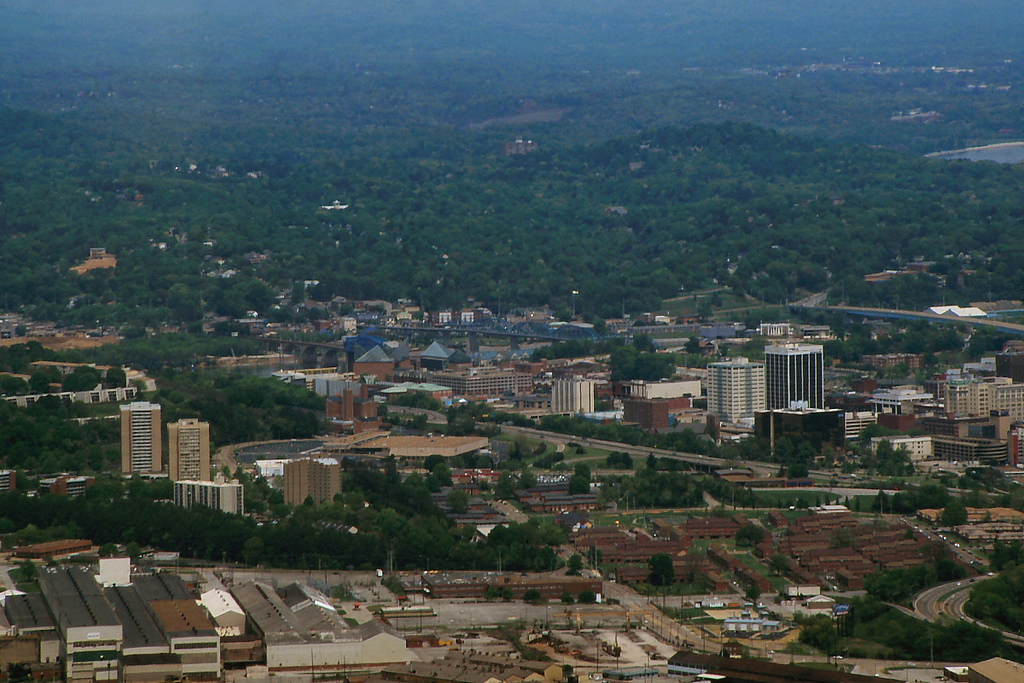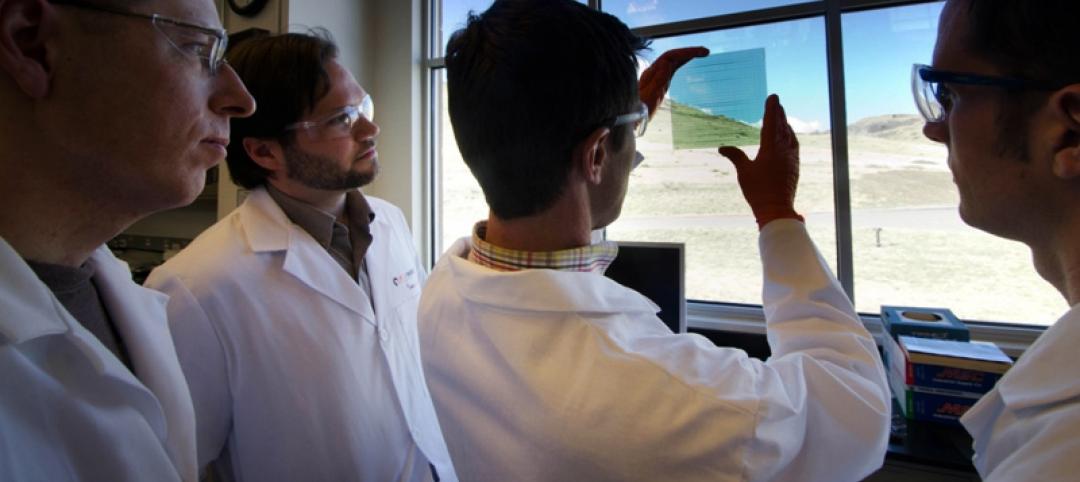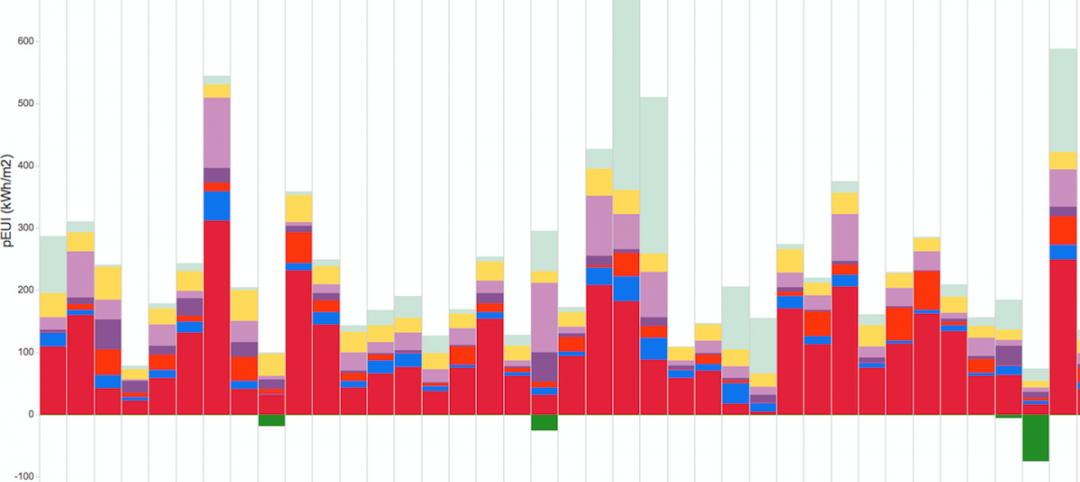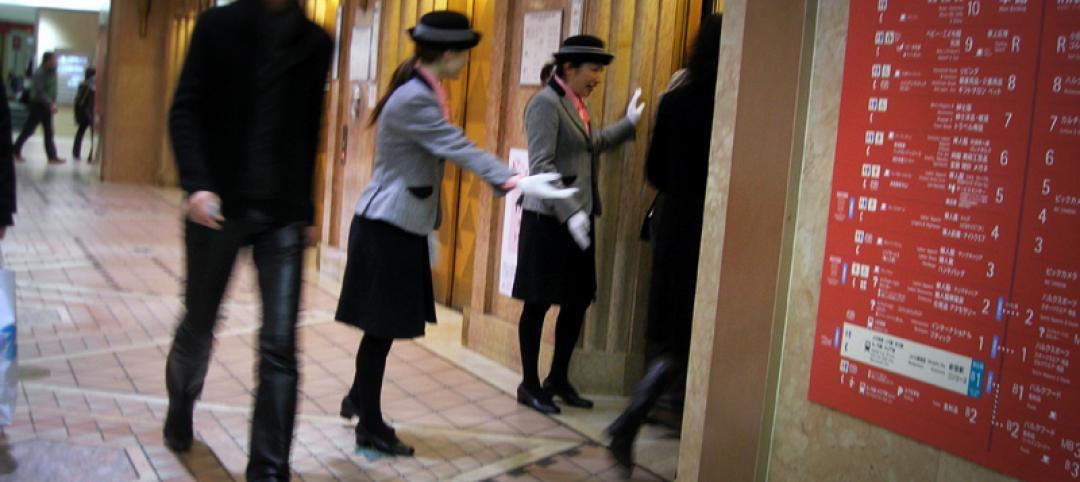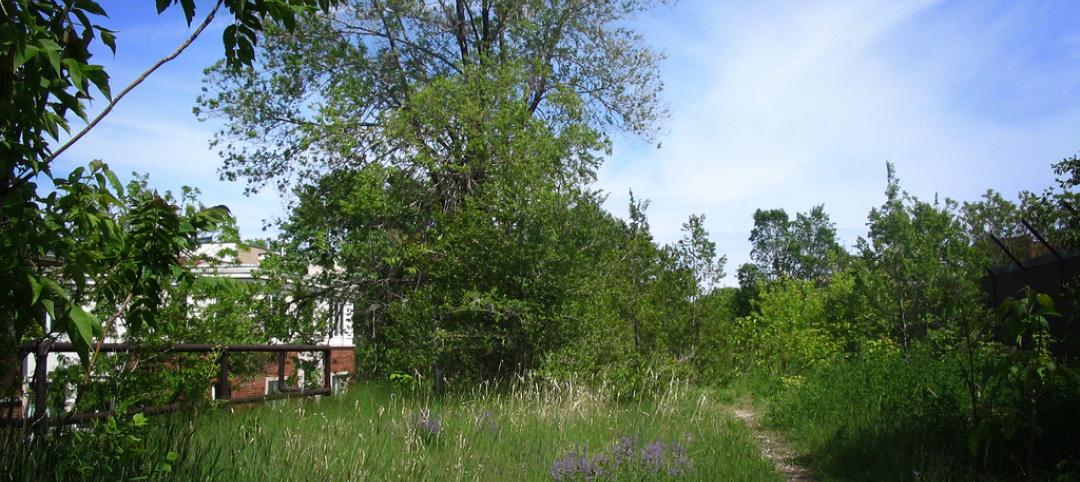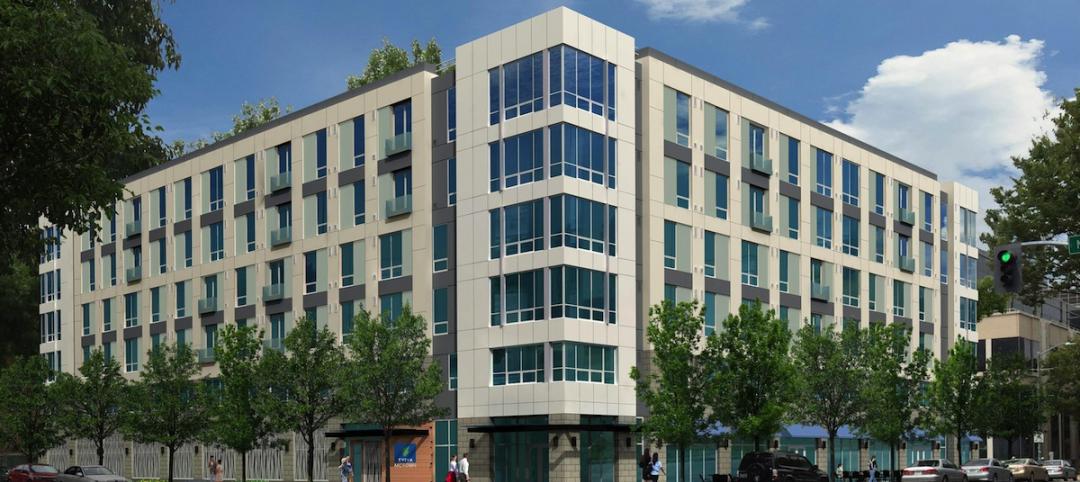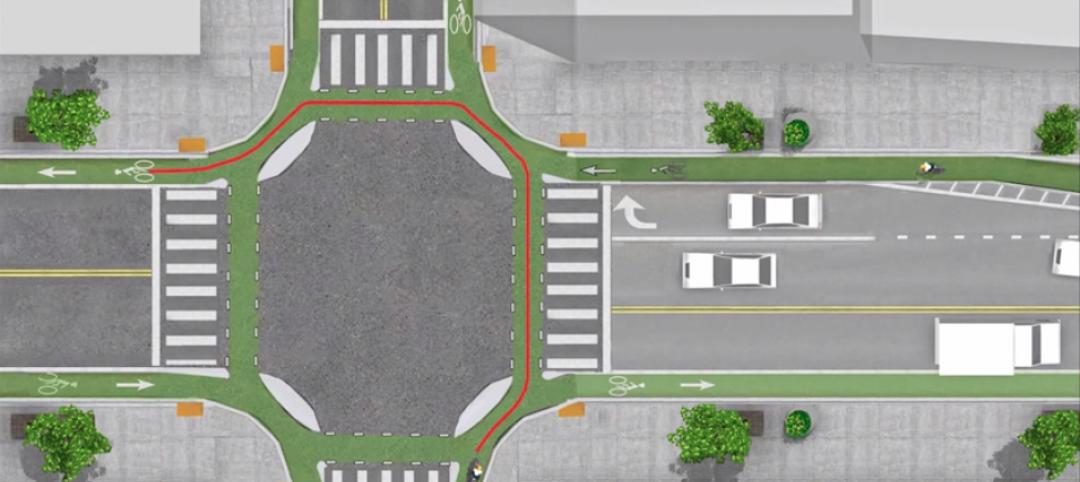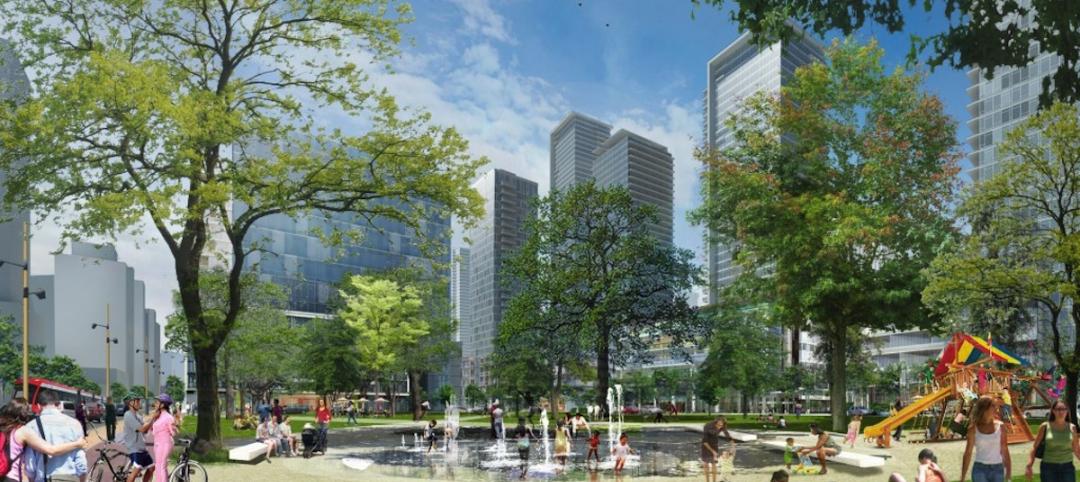The first eight winning cities have been announced for a $42 million, 100-city data-use program.
The competition, called "What Works Cities" and is sponsored by former New York Mayor Michael Bloomberg's foundation, promotes innovation in city government by making the massive amounts of city operations data more publicly accessible to better improve issues like job creation, public health, and blight.
The cities will receive "expert support and peer-to-peer learning opportunities to make government more effective," according to a press release.
The AP reports that the eight cities—Seattle; New Orleans; Louisville, Ky.; Jackson, Miss.; Mesa, Ariz.; Chattanooga, Tenn.; Kansas City, Mo.; and Tulsa, Okla.—will each receive portion of the $42 million.
The press release provided examples of how cities are relying on data and evidence to deliver better results for city residents:
• New Orleans used data to reduce blighted residences by 10,000 and increased the number of homes brought into compliance by 62% in two years. The city’s “BlightStat” program has put New Orleans, once behind in efforts to revitalize abandoned and decaying properties, at the forefront of national efforts.
• New York City focused efforts to reduce air pollution and improved the health of residents after the local government studied and publicly released data showing which areas of the city were most polluted, and which local sources were contributing the most harmful air pollutants.
• Louisville is using data from volunteers who attached GPS trackers to their asthma inhalers to better identify and target the sources of air pollution.
• Kansas City, Mo., achieved a 20% increase in overall satisfaction with the city’s image since 2010, after using data from their annual citizen survey and 311 services to drive decision-making for city departments.
The What Works Cities program is open for cities between 100,000 and one million people, and 110 cities have already applied. More winners will be chosen through 2017.
Related Stories
Smart Buildings | Jun 11, 2015
Google launches company to improve city living
The search engine giant is yet again diversifying its products. Google has co-created a startup, called Sidewalk Labs, that will focus on “developing innovative technologies to improve cities.”
Green | Jun 8, 2015
Maryland tech firm is developing spray-on solar panels for windows
Made primarily out of hydrogen and carbon, the coating can turn see-through surfaces into solar panels.
Green | Jun 8, 2015
Diamond Schmitt Architects creates tool to compare energy use data across building types
The firm's new ecoMetrics tool allows for a comprehensive analysis of data from energy simulation models across a wide range of the company’s building types.
High-rise Construction | Jun 5, 2015
Japanese policymakers discuss mandate for toilets in elevators
This quirky-sounding building code is a safety measure for the earthquake-prone nation.
Cultural Facilities | Jun 5, 2015
Chicago’s 606 elevated park opens
The 2.7-mile stretch repurposes an abandoned elevated train track that snakes through Humboldt Park and Bucktown.
Smart Buildings | Jun 4, 2015
Evidence suggests wider lanes make city streets more dangerous
Lanes that are 10.5 feet wide have lower side impact crashes than standard 12-foot lanes, suggests new research.
BIM and Information Technology | Jun 3, 2015
More accurate GPS ready to change the way we shop, interact, and explore
New technology reduces location errors from the size of a car to the size of a nickel—a 100 times increase in accuracy. This is a major technological breakthrough that will affect how we interact with environments, the places we shop, and entertainment venues.
Multifamily Housing | Jun 1, 2015
Sacramento moves forward on multifamily project with new modular supplier
Guerdon Modular Buildings will provide modules for 118 apartments.
| May 29, 2015
Austin, Salt Lake City, Davis, Calif., and Boston creating first protected intersections in U.S.
Protected intersections arrange traffic so that everyone—bicyclists included—can see all moving traffic simply by looking forward instead of forcing people in cars and on bikes to look constantly over their shoulders.
Smart Buildings | May 28, 2015
4 ways cold-climate cities can make the most of their waterfronts
Though cold-climate cities pose a unique challenge for waterfront development, with effective planning waterfront cities with freezing winter months can still take advantage of the spaces year-round.


